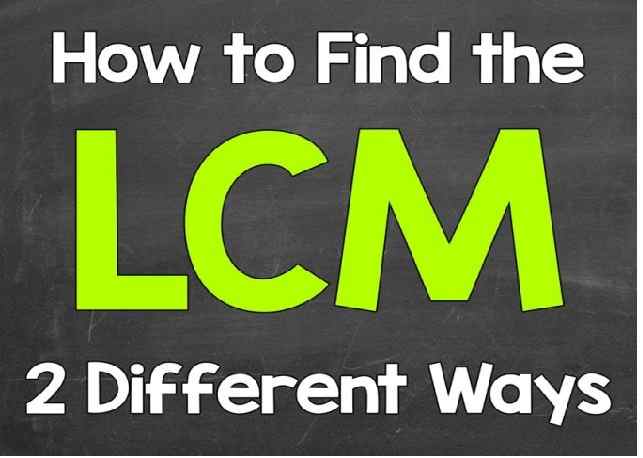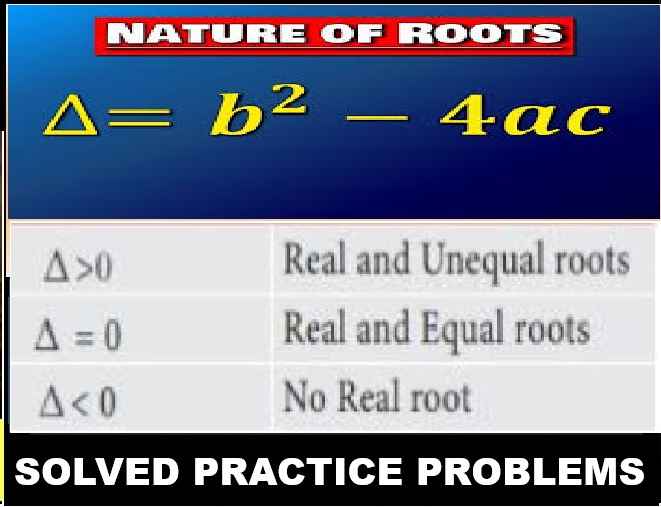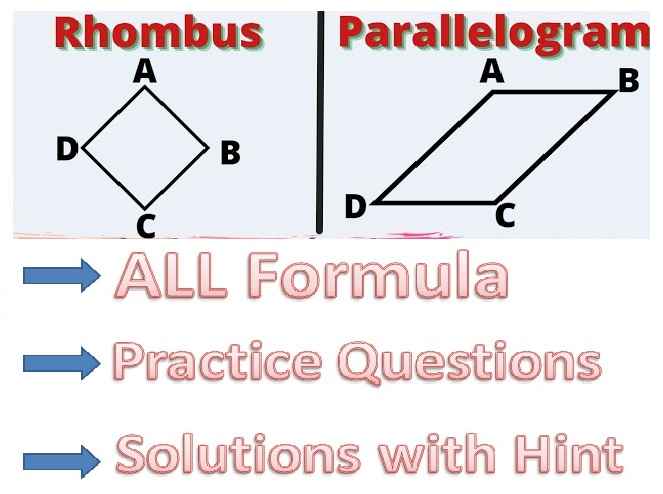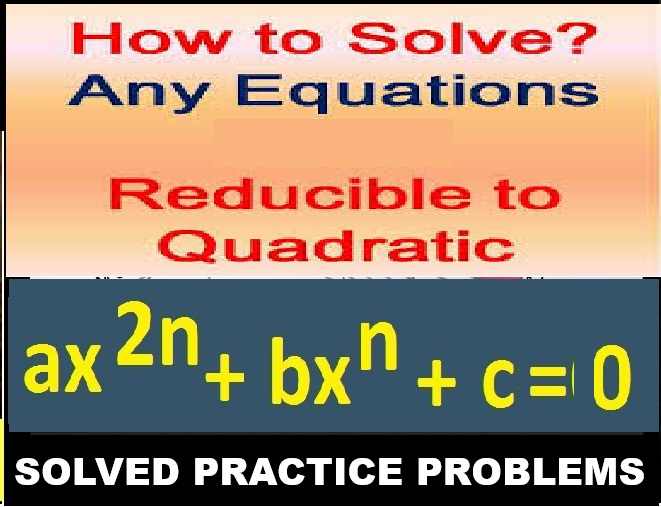Playing with Numbers Class 6 RS Aggarwal Exe-6D Goyal Brothers Prakashan ICSE Foundation Mathematics Solutions. In this article you will learn LCM in detail. Visit official Website CISCE for detail information about ICSE Board Class-6 Mathematics.

Playing with Numbers Class 6 RS Aggarwal Exe-6D Goyal Brothers ICSE Maths Solutions
| Board | ICSE |
| Publications | Goyal brothers Prakashan |
| Subject | Maths |
| Class | 6th |
| Ch-6 | Playing with Numbers |
| Writer | RS Aggrawal |
| Book Name | Foundation |
| Topics | Solution of Exe-6D |
| Academic Session | 2023 – 2024 |
Least Common Multiple (L.C.M.)
The least common multiple (LCM) of two or more numbers is the lowest possible number that can be divisible by these two or more numbers.
Different Methods to get LCM
- Listing the Multiples.
- Prime Factorisation Method.
- Division Method.
Exercise- 6D
Playing with Numbers Class 6 RS Aggarwal Goyal Brothers Prakashan ICSE Foundation Mathematics Solutions
Page- 124,125
Que-1: Find the L.C.M. of the following numbers using prime factorisation method :
(i) 18,24 (ii) 36,45 (iii) 48,72 (iv) 63,105 (v) 27,54,90 (vi) 36,54,81 (vii) 60,75,80,90 (viii) 48,60,72,96
Solution-
(i) Prime factorization of 18 and 24:
18 = 2 × 3 × 3
Prime factorization of 24:
24 = 2 × 2 × 2 × 3 = 2^3 × 3
2 and 3 are the prime factors.
Highest power of 2 is 2^3.
Highest power of 3 is 3^2.
Now, multiply these highest powers together to get the LCM:
LCM = 2^3 × 3^2 = 8 × 9 = 72.
So, the LCM of 18 and 24 using the prime factorization method is 72.
(ii) The prime factorization of 36 and 45:
36 = 2^2 × 3^2
45 = 3^2 × 5
Now, multiply these highest powers of prime factors to find the LCM:
LCM = 2^2 × 3^2 × 5 = 4 × 9 × 5 = 180
So, the LCM of 36 and 45 using the prime factorization method is 180.
(iii) prime factorization of 48 and 72
48 = 2 × 2 × 2 × 2 × 3 = 2^4 × 3
72 = 2 × 2 × 2 × 3 × 3 = 2^3 × 3^2
Multiply these together to find the LCM:
LCM = 2^4 × 3^2 = 16 × 9 = 144.
So, the LCM of 48 and 72 using the prime factorization method is 144.
(iv) Prime factorization of 63 and 105:
63 = 3 × 3 × 7
105 = 3 × 5 × 7
LCM (63, 105) = 3 × 3 × 5 × 7 = 315.
(v) Prime Factors of 27,54,90
27 = 3 x 3 x 3
54 = 2 × 3 × 3 × 3
90 = 2 × 3 × 3 × 5
LCM (27,54, 90) = 2 × 3 × 3 × 3 × 5 = 270
(vi) Prime Facors of 36,54,81
36 = 2 x 2 x 3 x 3
54 = 2 x 3 x 3 x 3
81 = 3 x 3 x 3 x 3
LCM (36,54,81) = 2 x 2 x 3 x 3 x 3 x 3 = 324.
(vii) Prime Factors of 60,75,80,90
60 = 2 x 2 x 3 x 5
75 = 3 x 5 x 5
80 = 2 x 2 x 2 x 2 x 5
90 = 2 x 3 x 3 x 5
LCM (60,75,80,90) = 2 x 2 x 2 x 2 x 3 x 3 x 5 x 5 = 3600.
(viii) Prime Factors of 48,60,72,96
48 = 2 x 2 x 2 x 2 x 3
60 = 2 x 2 x 3 x 5
72 = 2 x 2 x 2 x 3 x 3
90 = 2 x 3 x 3 x 5
LCM (48,60,72,90) =2 x 2 x 2 x 2 x 2 x 3 x 3 x 5 = 1440.
Que-2: Find the L.C.M. of the following, using common division method :
(i) 8,10,12,16 (ii) 12,15,18,24 (iii) 15,18,20,27 (iv) 20,25,30,45 (v) 21,45,63,81 (vi) 16,18,24,32,36 (vii) 120,210,225 (viii) 175,182,350
Solution-
(i) Prime Factorisation of 8,10,12,16
8 = 2 x 2 x 2 = 2³
10 = 2 x 5 = 2¹ x 5¹
12 = 2 x 2 x 3 = 2² x 3¹
16 = 2 x 2 x 2 x 2 = 2⁴
LCM (8, 10, 12) = 240
(ii) Prime Factorisation of 12,15,18,24
12 = 2 x 2 x 3 = 2² x 3¹
15 = 3 x 5 = 3¹ x 5¹
18 = 2 x 3 x 3 = 2¹ x 3²
24 = 2 x 2 x 2 x 3 = 2³ x 3¹
LCM (12, 15, 18, 24) = 360.
(iii) Prime Factorisation of 15,18,20,27
15 = 3 x 5 = 3¹ x 5¹
18 = 2 x 3 x 3 = 2¹ x 3²
20 = 2 x 2 x 5 = 2² x 5¹
27 = 3 x 3 x 3 = 3³
LCM (15, 18, 20, 27) = 540
(iv) Prime Factorisation of 20,25,30,45
20 = 2 x 2 x 5 = 2² x 5¹
25 = 5 x 5 = 5²
30 = 2 x 3 x 5 = 2¹ x 3¹ x 5¹
45 = 3 x 3 x 5 = 3² x 5¹
LCM (20, 25, 30, 45) = 900.
(v) Prime Factorisation of 21,45,63,81
21 = 3 x 7 = 3¹ x 7¹
45 = 3 x 3 x 5 = 3² x 5¹
63 = 3 x 3 x 7 = 3² x 7¹
81 = 3 x 3 x 3 x 3 = 3⁴
LCM (21, 45, 63, 81) = 2835.
(vi) Prime Factorisation of 16,18,24,32,36
16 = 2 x 2 x 2 x 2 = 2⁴
18 = 2 x 3 x 3 = 2¹ x 3²
24 = 2 x 2 x 2 x 3 = 2³ x 3¹
32 = 2 x 2 x 2 x 2 x 2 = 25
36 = 2 x 2 x 3 x 3 = 2² x 3²
LCM (16, 18, 24, 32, 36) = 288.
(vii) Prime Factorisation of 120,210,225
120 = 2 x 2 x 2 x 3 x 5 = 2³ x 3¹ x 5¹
210 = 2 x 3 x 5 x 7 = 2¹ x 3¹ x 5¹ x 7¹
225 = 3 x 3 x 5 x 5 = 3² x 5²
LCM (120, 21, 225) = 12600.
(viii) Prime Factorisation of 175,182,350
175 = 5 x 5 x 7 = 5² x 7¹
182 = 2 x 7 x 13 = 2¹x 7¹x 13¹
350 = 2 x 5 x 5 x 7 = 2¹x 5² x 7¹
LCM (175, 182, 350) = 4550.
Que-3: The H.C.F. of two numbers is 23 and their L.C.M. is 276. If one of the number is 92, find the other.
Solution- HCF = 23
LCM = 276
One number = 92
HCF × LCM = Product of the two numbers
Let, the other number = x
According to the question,
⇒ 92 × x = 23 × 276
⇒ x = (23 × 276)/92, So x = 69
∴ The other number = 69 Ans.
Que-4: The H.C.F. of two numbers is 144 and their L.C.M. is 2880. If one of the number is 576, find the other.
Solution- HCF = 144
LCM = 2880
One number = 576
HCF × LCM = Product of the two numbers
Let, the other number = x
According to the question,
⇒ 576 × x = 144 × 2880
⇒ x = (144 × 2880)/576, = 720
∴ The other number = 720 Ans.
Que-5: The product of two numbers is 2925 and their H.C.F. is 15. Find their L.C.M.
Solution- Product of two numbers = 2925
HCF = 15, LCM = ?
HCF x LCM = Product of two number
15 x LCM = 2925
LCM = 2925/15
LCM = 195 Ans.
Que-6: The product of two numbers is 3750 and their L.C.M. is 150. Find their H.C.F.
Solution- Product of two numbers = 3750
LCM = 150, HCF = ?
HCF x LCM = Product of two number
150 x HCF = 3750
HCF = 3750/150
HCF = 25 Ans.
Que-7: Can there be two numbers having H.C.F. 12 and L.C.M. 64? Give reason in support of your answer.
Solution-HCF (a,b) × LCM (a,b) = a × b.
So, if the HCF is 12 and the LCM is 64, then the product of the two numbers must be
12 × 64 = 768.
But if they are both divisible by 12, their product would be divisible by
12 × 12 = 144 not 768.
Thus, it’s impossible for two numbers to have a HCF of 12 and a LCM of 64.
Que-8: Find the least number which is exactly divisible by each of the number 15,18 and 24.
Solution- The least number which is exactly divisible by each given number is their L.C.M.
Required number L.C.M. of 15, 18 and 24.
∴ L.C.M. = least required number
= 2 × 2 × 3 × 3 × 5 × 2 = 360
Hence, the least required number = 360 Ans.
Que-9: Find the smallest number which when divided by 15,20,25 and 30 leaves 5 as remainder in each case.
Solution- LCM(15, 20, 25, 30) = 300
Now, add 5 to the LCM:
300 + 5 = 305
So, the smallest number that leaves a remainder of 5 when divided by 15, 20, 25, and 30 is 305.
Que-10: Six bells commence tolling together and toll at intervals of 2,4,6,8,10 and 12 minutes respectively. After what interval of time will they toll together again ?
Solution- First, let’s find the LCM of these time intervals:
LCM(2, 4, 6, 8, 10, 12) = 120
So, the bells will toll together again after 120 minutes, which is equal to 2 hours. Therefore, they will toll together again every 2 hours.
Que-11: An electronic device makes a beep after every 15 minutes. Another device makes a beep after every 20 minutes. They beeped together at 10 a.m. At what time will they make the next beep together?
Solution- The beep intervals for the two devices are 15 minutes and 20 minutes.
Let’s find the LCM of 15 and 20:
LCM(15, 20) = 60
So, the devices will beep together again after 60 minutes, which is equal to 1 hour. Therefore, they will make the next beep together 1 hour after 10 a.m., at 11 a.m.
— : end of Playing with Numbers Class 6 RS Aggarwal Exe-6D Goyal Brothers Maths Solutions of questions :–
Return to :- ICSE Class -6 RS Aggarwal Goyal Brothers Math Solutions
Thanks
Please share with yours friends if helpful


